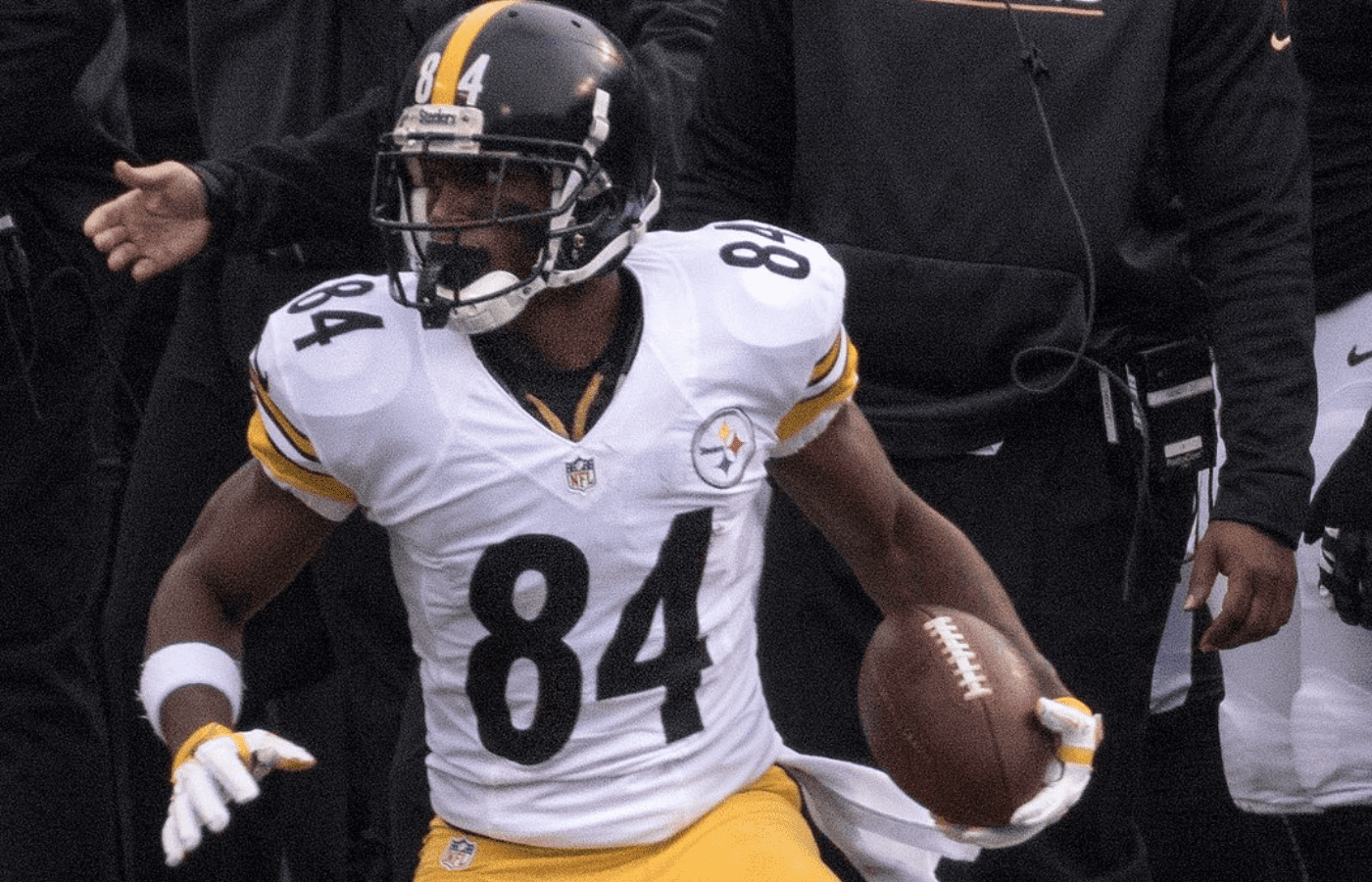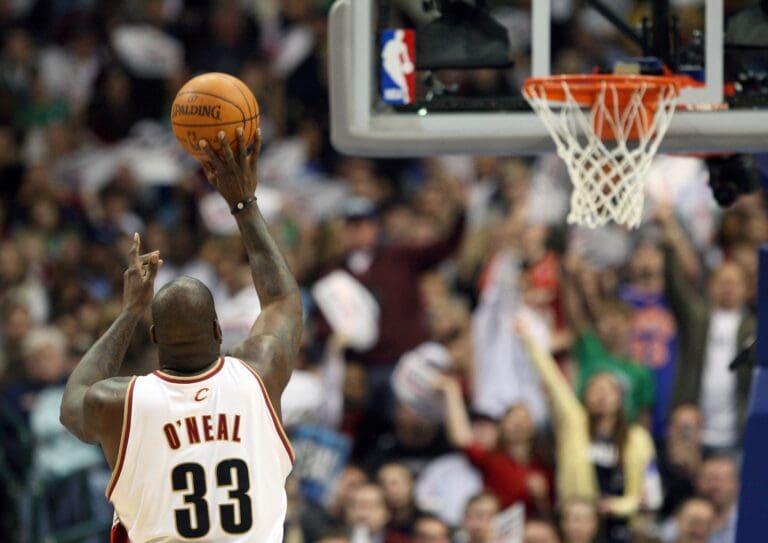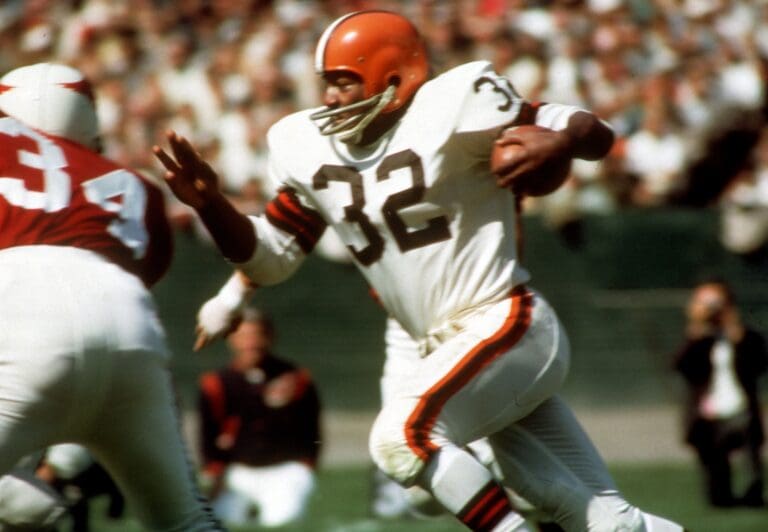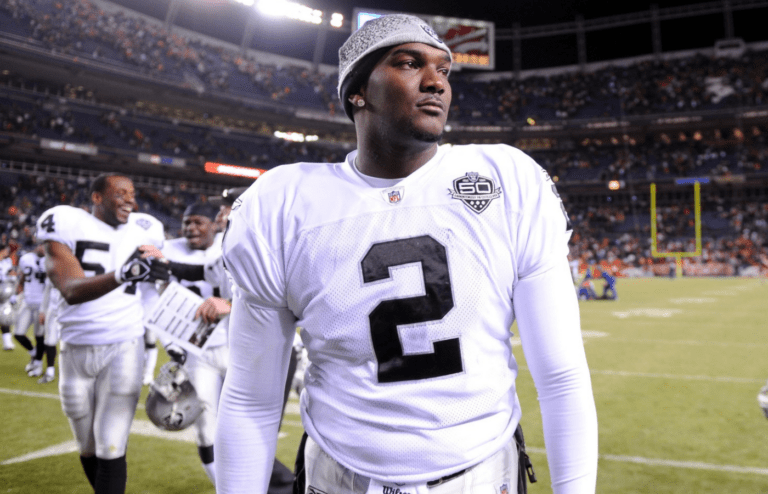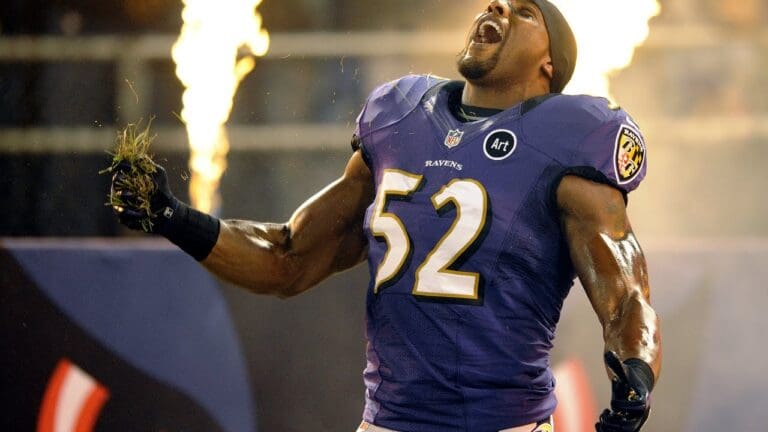Every sports fan loves a little personality. End zone dances, bold fashion statements, and playful trash talk make football fun to watch. But there’s a fine line between being memorable and being a distraction.
In the NFL, some players have become just as famous for their off-the-field antics as for their athletic accomplishments. But when does eccentricity stop adding to the sport—and start subtracting from it? What happens when the show becomes bigger than the game?
Let’s take a closer look at how some of football’s most eccentric stars may have paid the price for their larger-than-life personas—and how their teams often paid for it, too.
The Raiders: A Legacy of Rebellion… and Instability
The Raiders built a brand around bad-boy culture. Fans loved it, and the media ate it up. But behind the headlines, this culture often backfired on the team’s performance and reputation.
Take Antonio Brown—the perfect example of talent derailed by chaos. His Raiders stint was supposed to bring star power to a struggling team. Instead, it devolved into a circus of frozen feet, helmet lawsuits, and locker room blowups. He never played a single regular-season snap for the Raiders.
The team’s rebellious culture may have attracted stars like Ken Stabler and John Matuszak but also contributed to periods of inconsistency and dysfunction. Was the drama worth it? Given the Raiders’ mixed success over the decades, it’s fair to question whether their embrace of wild personalities ultimately undermined their goals.
When Flash Overshadows Football
Some players became so obsessed with their brand that their on-field performance felt like an afterthought.
- Chad Ochocinco was a marketing genius, but his later career saw more headlines about his reality TV appearances than his receiving yards.
- Terrell Owens dazzled fans with spectacular catches but often divided locker rooms and clashed with coaches.
Their antics were entertaining, sure—but they often burned bridges with teammates and left a trail of unfinished business. Does constant self-promotion belong in a sport that demands precision, trust, and teamwork?
Even Ricky Williams, whose eccentricity was more spiritual than showy, faced criticism for leaving his team hanging during his unexpected retirement at his athletic peak. His love of yoga and astrology wasn’t the issue—his lack of communication and sudden disappearance was.
The Cost of Ignoring Red Flags
For some eccentric players, their wild behavior wasn’t just quirky—it was a warning sign.
Lawrence Taylor’s dominance on the field was legendary. But off the field, his drug use and reckless lifestyle caught up with him, leading to suspensions and personal struggles.
Antonio Brown’s erratic behavior went from strange to troubling as legal issues mounted. What once seemed like harmless showmanship began to look like self-destruction.
In hindsight, the league’s culture of tolerating eccentricity—so long as a player could produce—may have delayed necessary interventions or support. Today, the NFL is more vocal about mental health, but many players from the past were left to navigate their demons alone.
Entertainment or Distraction? The Debate Continues
Football thrives on energy, swagger, and individual expression. The NFL needs characters as much as it needs quarterbacks. But there’s a cost when style overshadows substance.
Fans may remember touchdown dances, outrageous outfits, or controversial tweets—but true legacies are built on discipline, leadership, and resilience. The most beloved players in NFL history balanced personality with professionalism.
Perhaps the real mark of greatness isn’t being the loudest or weirdest player on the field—it’s being the one who lets their talent speak the loudest.
Related: Ranking the 15 Most Eccentric NFL Players of All Time

